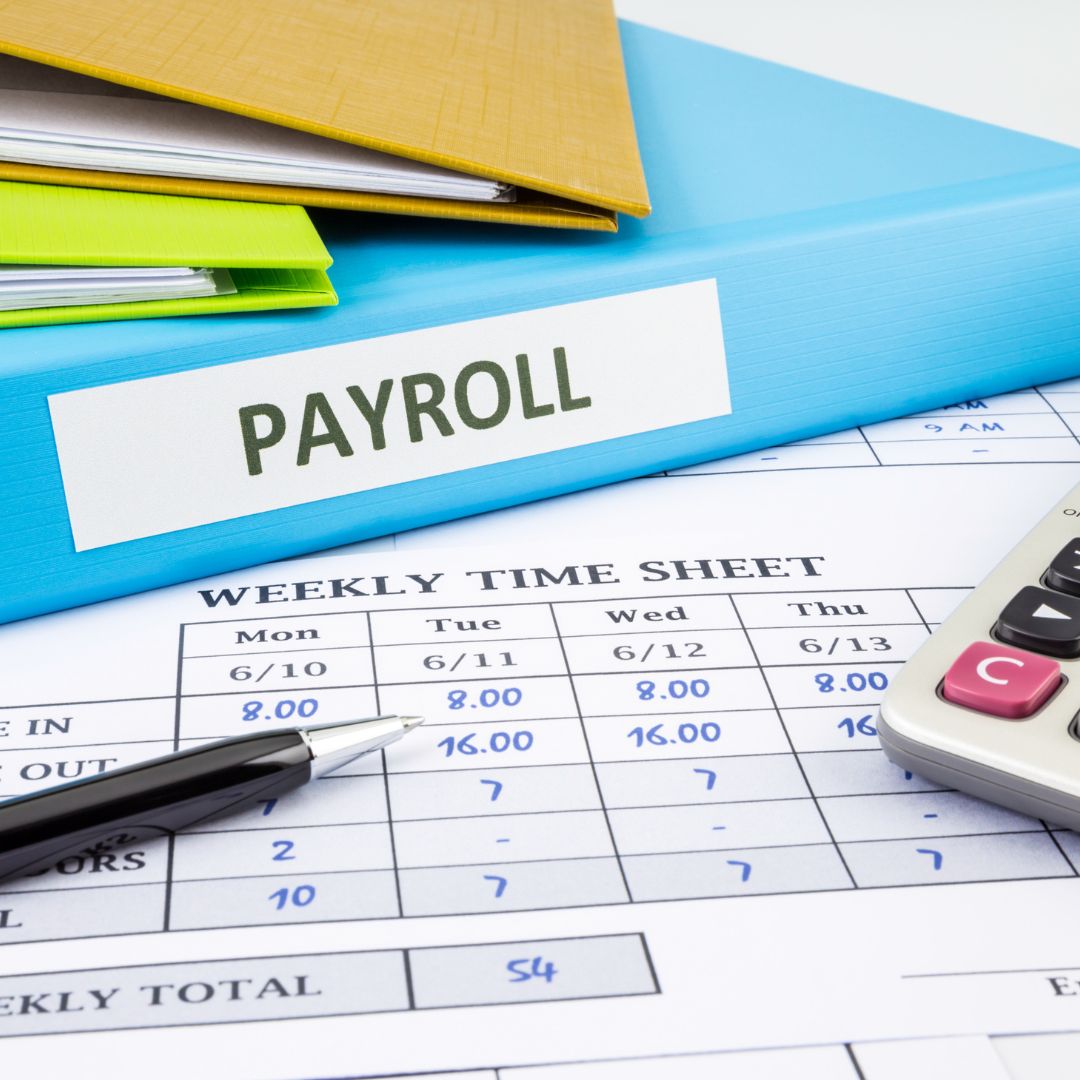Hong Kong’s payroll tax rate plays a crucial role in the financial landscape of the city. Understanding how this tax system works is essential for individuals and businesses in Hong Kong. This article aims to provide a comprehensive overview of the Hong Kong payroll tax rate, including its progressive tax brackets, how to calculate it, and its implications on financial planning.
Hong Kong operates under a unique tax system often praised for its simplicity and low tax rates. Unlike many other countries, Hong Kong does not impose any tax on capital gains, dividends, or interest income. Instead, the focus is primarily on salaries and wages. The payroll tax rate, or the salaries tax, is calculated based on an individual’s income and falls under a progressive tax bracket system. Understanding how this rate is calculated and impacts your finances is crucial for residents and businesses.
 Understanding Hong Kong’s Tax System
Understanding Hong Kong’s Tax System
Hong Kong’s tax system operates on a territorial basis, only taxing income earned within the city. The payroll tax rate is not separate but part of a progressive tax system, with rates ranging from 2% to 17% based on income levels. Hong Kong’s simple and relatively low tax rates make it an attractive destination for businesses and individuals looking for a tax-friendly environment.
Progressive Tax Brackets in Hong Kong
Hong Kong’s progressive tax system has five brackets with rates ranging from 2% to 17%. Only income from Hong Kong is subject to taxation, making it attractive for businesses and individuals. By understanding these brackets, individuals can plan their finances effectively, take advantage of lower tax rates, and maximize their after-tax income. Consulting a tax advisor is recommended to utilize deductions and allowances fully.
Calculating Your Payroll Taxes in Hong Kong
To calculate payroll taxes in Hong Kong, determine your total income and deduct allowable expenses. Refer to the progressive tax brackets to determine your tax liability, with a maximum rate of 17%. Understanding the process and utilizing deductions can help you save money. Familiarize yourself with tax brackets and rates to optimize your finances in Hong Kong.
Planning Your Finances with the Payroll Tax Rate
The current payroll tax rate in Hong Kong is a progressive tax that increases as income rises. This affects take-home pay and requires careful budgeting. Higher tax rates for higher income brackets reduce disposable income for expenses and savings. The tax rate should be factored into budgeting to ensure effective allocation of income. The tax rate also affects long-term financial planning, as career changes or salary increases can result in higher tax obligations. Understanding the tax implications of financial decisions allows for informed choices and maximizes financial well-being. In summary, the payroll tax rate in Hong Kong is crucial for financial planning and requires careful consideration.
Implications of the Hong Kong Payroll Tax Rate
The Hong Kong payroll tax rate is structured in a way that the more you earn, the higher percentage of your income is subject to taxation. This encourages individuals to negotiate for higher salaries and pursue career advancements. However, careful financial planning is needed to consider the potential tax implications when making financial decisions. By understanding the tax rate and planning accordingly, individuals can make informed decisions about their finances and optimize their overall financial well-being.
Furthermore, understanding Hong Kong’s payroll tax rate is essential for individuals and businesses operating in the region. The progressive tax brackets ensure that higher income earners contribute more towards taxes, while lower income earners are less burdened. Accurate calculation of payroll taxes allows for effective financial planning and compliance. This knowledge is important for individuals negotiating salaries and planning personal finances, as well as for businesses budgeting and determining employment costs. It enables better financial planning and helps navigate the tax system more effectively.





